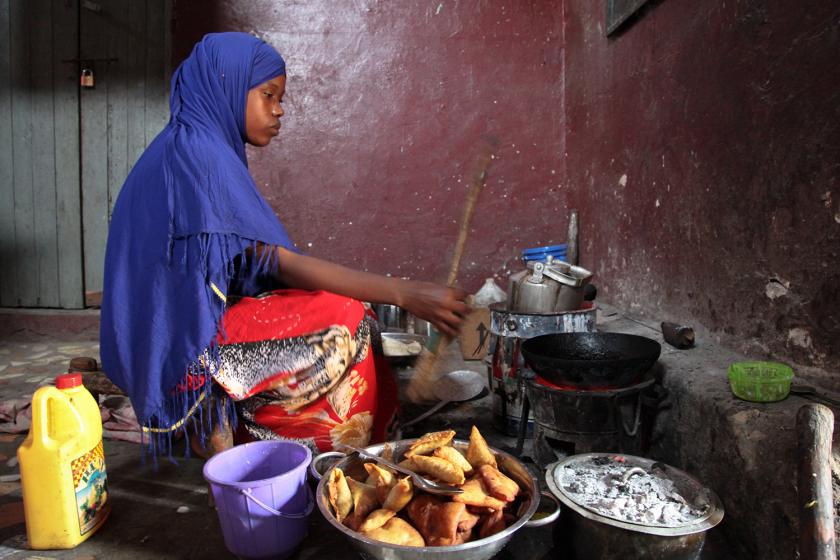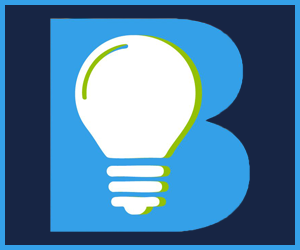
Transitioning to innovative green energy can help Somalia alleviate poverty
|
15 May 2021 15:06

MOGADISHU (HORN OBSERVER) - Somalia is very vulnerable to the impacts of climate change and extreme weather and contributes to poorer livelihoods that negatively affect the rural populations.
Nearly seven out of ten Somalis live in poverty, according to World Bank data, the sixth highest rate in the region. Poverty is both widespread and widespread, and unless the right policies are implemented, persistent and vulnerable poverty will hinder future economic and social development.
Without preemptive approaches, these factors can exacerbate existing vulnerabilities and reduce people's livelihood options, which in turn may have adverse effects on stability and security in this Horn of Africa country.
More frequent and severe droughts and floods undermine food security and negatively affect disadvantaged groups, fuel grievances, increase competition for scarce resources, and worsen aggravating the existing stress and vulnerability of the communities.
Renewable energy projects in many African countries have demonstrated that renewable energy can directly contribute to poverty alleviation by providing the energy needed to create businesses and jobs. Renewable energy technology can also contribute indirectly to poverty alleviation by providing energy for cooking, space heating and lighting.
A recent study by the African Development Bank found that Somalia has the highest resource potential of any African country for land-based wind power and can generate between 30,000 and 45,000 MW. Solar power can generate in excess of 2,000 kWh/m2. It is estimated that only about 16% of the population has access to electricity. Somalia has a higher tax rate than neighboring countries Kenya and Ethiopia. Only 1% of rural communities have access to electricity and 35% in urban areas. An estimated 2.4 million households in Somalia are without electricity.
The current installed power generation capacity in Somalia is about 106 megawatts. While most power companies rely on diesel generators for power generation, there is growing interest and investment in hybrid systems using solar and wind energy sources.
Somalia's electricity sector faces significant challenges, including a lack of adequately trained workers, a weak regulatory environment, high investment costs, and scarce energy supplies and poor infrastructure. Due to the absence of traditional project finance, along with local Islamic financing practices, Somalia has developed its own funding mechanisms for growing infrastructure projects and development projects. The companies have successfully raised significant amounts of money from the expatriate community in the United States and beyond for energy projects. Despite the recent major steps taken by the private sector to increase electricity production and distribution.
If Somalia establishes a well-managed renewable energy sector with defined laws, the country can use renewable energy to reduce poverty, improve energy security, increase access to energy, and reduce poverty. Climate change mitigation and transitioning to renewable energy can help reduce poverty, by creating good jobs that the poor people can do.
In rural communities including nomads need a very sustainable energy so that their standard of living can improve. Using solar energy for cooking instead of firewood and coal, and solar lights for lighting and to educate nomadic children can be a small and affordable step. Renewable energy will not run out and maintenance requirements are completely lower and it saves money. In this way, using renewable energy for farming can improve food security and access to clean water for the most vulnerable communities.
So if Somalia wants to alleviate poverty, we must turn to renewable energy.
-
Abdalle Ahmed Mumin is an award-winning freelance journalist. He covers conflict, humanitarian, human rights as well as the impact of climate change. Currently, Abdalle is serving as the secretary general of the Somali Journalists Syndicate (SJS).
Abdalle Ahmed Mumin is an award-winning freelance journalist. He covers conflict, humanitarian, human rights as well as the impact of climate change. Currently, Abdalle is serving as the secretary general of the Somali Journalists Syndicate (SJS).
Leave a comment
- Popular
- Rated
- Commented
04/11/2021 - 11:05:02
28/05/2024 - 15:44:10
02/12/2021 - 11:34:53
01/03/2021 - 09:00:37
Opinions
02/04/2025 - 18:34:53
27/02/2025 - 20:18:23
Politics
17/04/2025 - 01:58:17
13/04/2025 - 10:59:05
Terror Watch
26/04/2025 - 03:43:22
24/04/2025 - 13:30:44
24/04/2025 - 13:07:46
Press Releases
28/04/2025 - 18:24:22
 0
0 




































Transitioning to innovative green energy can help Somalia alleviate poverty
MOGADISHU (HORN OBSERVER) - Somalia is very vulnerable to the impacts of climate change and extreme weather and contributes to poorer livelihoods that negatively affect the rural populations.